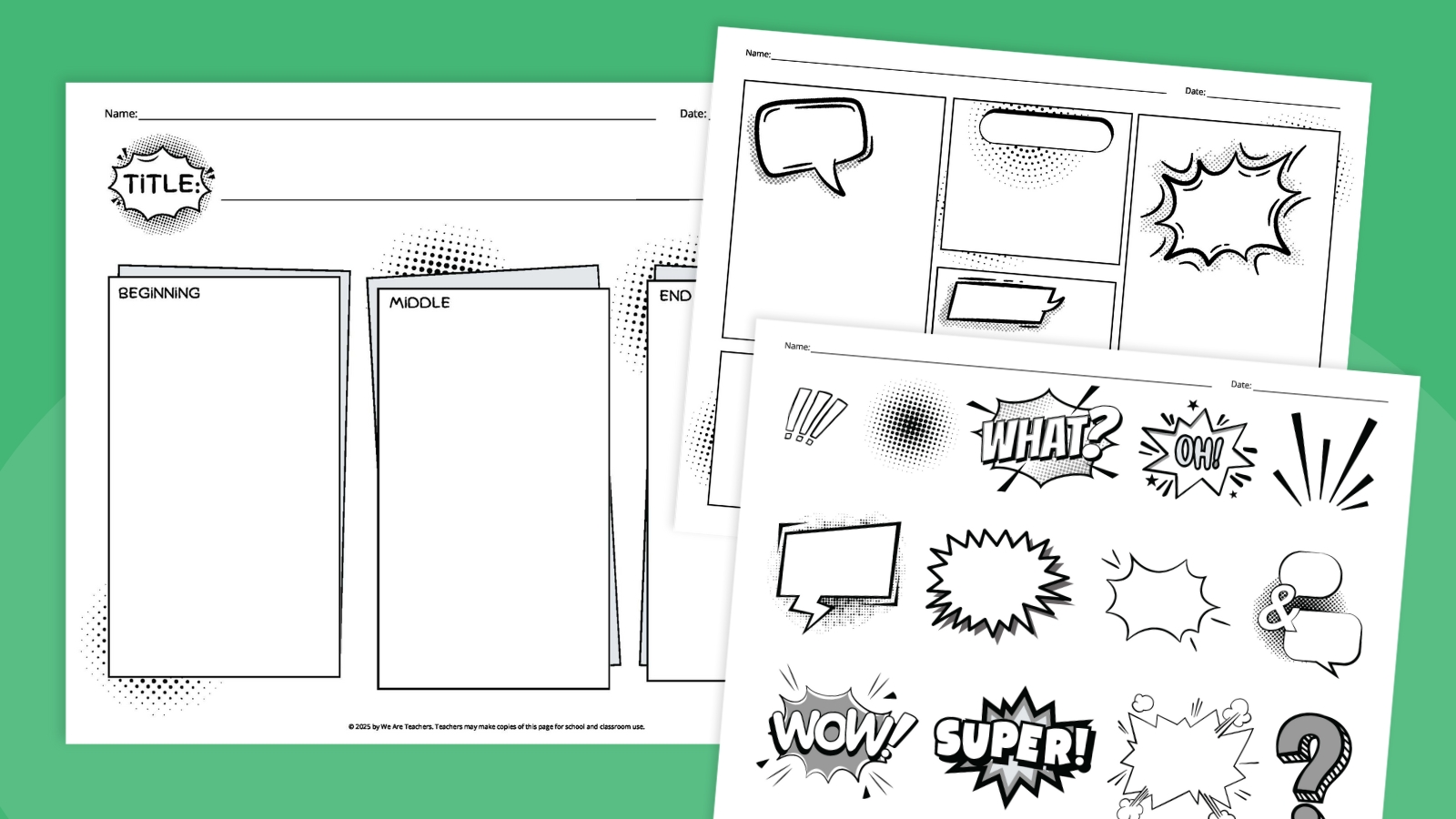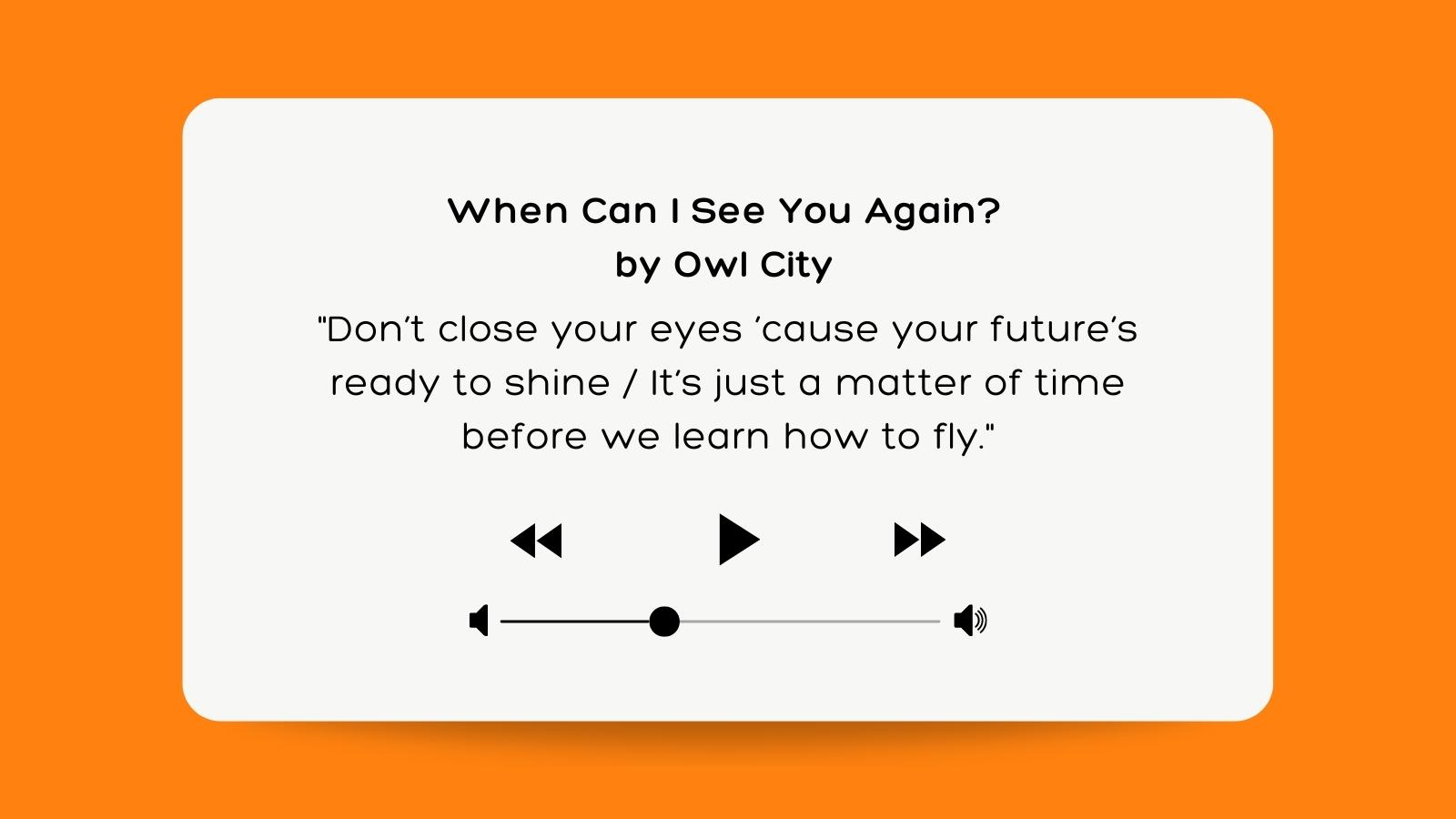Key points:
Educators know AI will have a role in education, but still feel uncertain about the technology
Check out the latest on AI in education
New group targets AI skills in education and the workforce
For more news on AI in education, visit eSN’s Digital Learning hub
It’s impossible to avoid news about AI today, and it seems all industries and sectors are abuzz with how AI will impact operations. Education is no different, with many educators worried about students using AI to cheat, while others champion teaching AI skills to ensure students are equipped to enter a competitive workforce.
When it comes to AI in education, most K-12 teachers and administrators acknowledge that AI is part of the future of education, whether we like it or not, according to a survey from the AI Education Project (aiEDU).
Educators juggle curiosity and a bit of apprehension when it comes to integrating AI into teaching and learning. Most survey respondents said they hadn’t yet had a chance to use AI in school, and fewer still reported receiving professional development or training around AI use.
Despite some hesitation, however, educators see AI as an inevitable part of the future of the classroom and would like to receive AI-centered professional development.
Here are five findings, followed by five recommendations, around AI in the classroom:
1. The overwhelming majority of K-12 educators believe that professional development should include sessions on the implications of AI, and lesson plans should include materials to help students learn about them as well. “Despite their apprehensions, teachers and administrators alike are open not only to training on its potential uses, but on integrating this emerging technology into the curricula,” according to the survey. “More than 80 percent of respondents say they believe professional development should extend to AI, and 75 percent advocate for curricula that exposes students to information on the topic.”
2. Most K-12 educators have at least heard of generative AI, but a majority haven’t used these tools. And they’re divided about whether they want to. “AI in general and generative AI specifically are much more divisive than previous technological revolutions. Most K-12 educators have yet to see the value these tools can provide, with some completely closed to its potential,” the survey notes. Only 45.3 percent of respondents say they’ve used a generative AI tool.
3. K-12 educators simultaneously downplay the impact of generative AI in the classroom and express concerns about its use. They still think it should be part of the curriculum. “K-12 educators may question the impact and value of generative AI, yet they still think students need exposure to the technology–and that’s something most survey respondents agree hasn’t happened yet,” according to the survey.
4. K-12 educators recognize the potential benefits of using generative AI in the classroom, but feel most passionately about the potential pitfalls. “As with all emerging technologies, successfully integrating generative AI into the classroom is more of an art than a science,” according to the survey. “It requires K-12 educators to experiment with new uses and, importantly, accept that not all of them will be successful. That requires a leap of faith that, based on the results of the survey, many are not yet comfortable taking.”
5. K-12 administrators are more hopeful than teachers about the impact generative AI could have on teaching and learning. “As a general rule, administrators view generative AI more positively than teachers. Administrators (62.1 percent) are more likely than teachers (49.9 percent) to have ‘slightly positive’ or ‘strongly positive’ feelings toward AI in general,” the survey notes.
The survey also offers five recommendations for AI integration in K-12 districts:
Develop comprehensive AI literacy programs: Implement AI literacy programs for educators to deepen their understanding of AI’s capabilities and ethical considerations, ensuring they can effectively integrate AI tools into their teaching practices.
Create collaborative platforms for sharing best practices: Establish platforms where educators can share experiences, strategies, and lesson plans that incorporate generative AI, fostering a community of practice that supports peer learning.
Invest in equitable access to AI technologies: Ensure all students, regardless of socioeconomic status, have access to AI tools and resources, addressing the digital divide and preventing the exacerbation of achievement gaps.
Promote ethical AI use through curriculum development: Incorporate curriculum components that teach students about the ethical use of AI, including issues of privacy, bias, and digital citizenship, to prepare them as informed users and creators of AI technologies.
Facilitate professional development opportunities: Support ongoing professional development opportunities focused on generative AI, including workshops, seminars, and courses, to keep educators abreast of the latest advancements and pedagogical strategies.
When it comes to AI in education, most K-12 teachers and administrators acknowledge that AI is part of the future of education, whether we like it or not, according to a survey from the AI Education Project (aiEDU). AI in Education, Digital Learning, Featured on eSchool News, Education, educators, future, future of education, IT, K-12, learning, news, skills, students eSchool News









